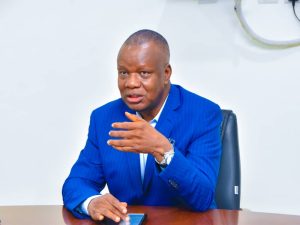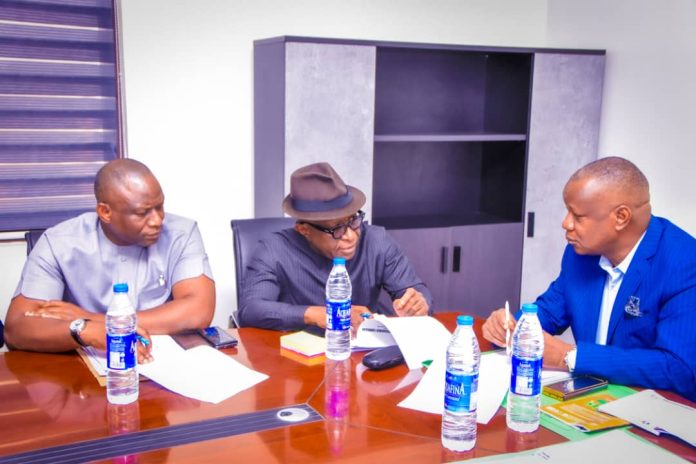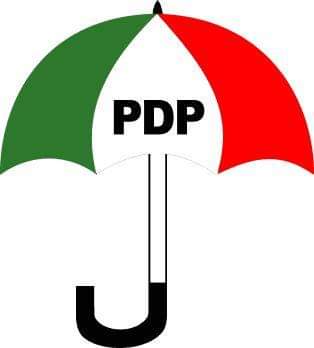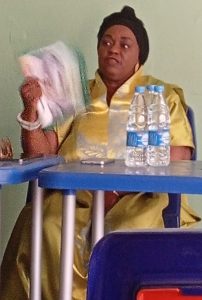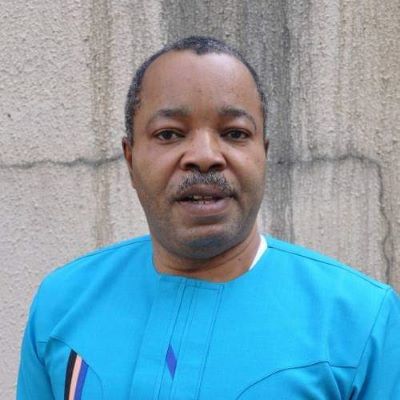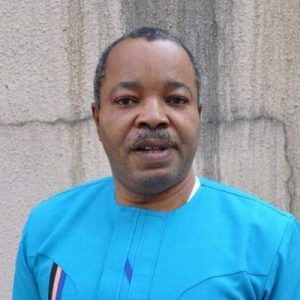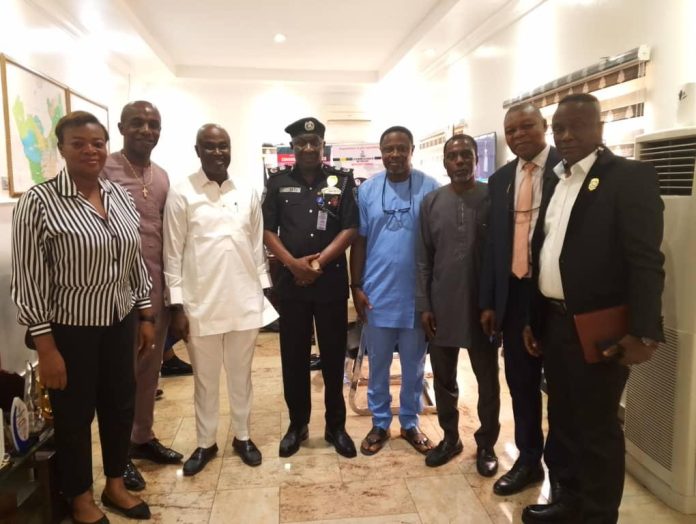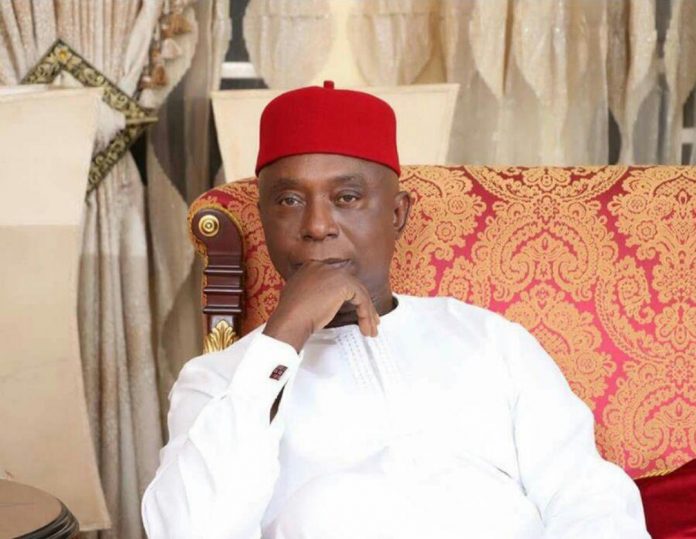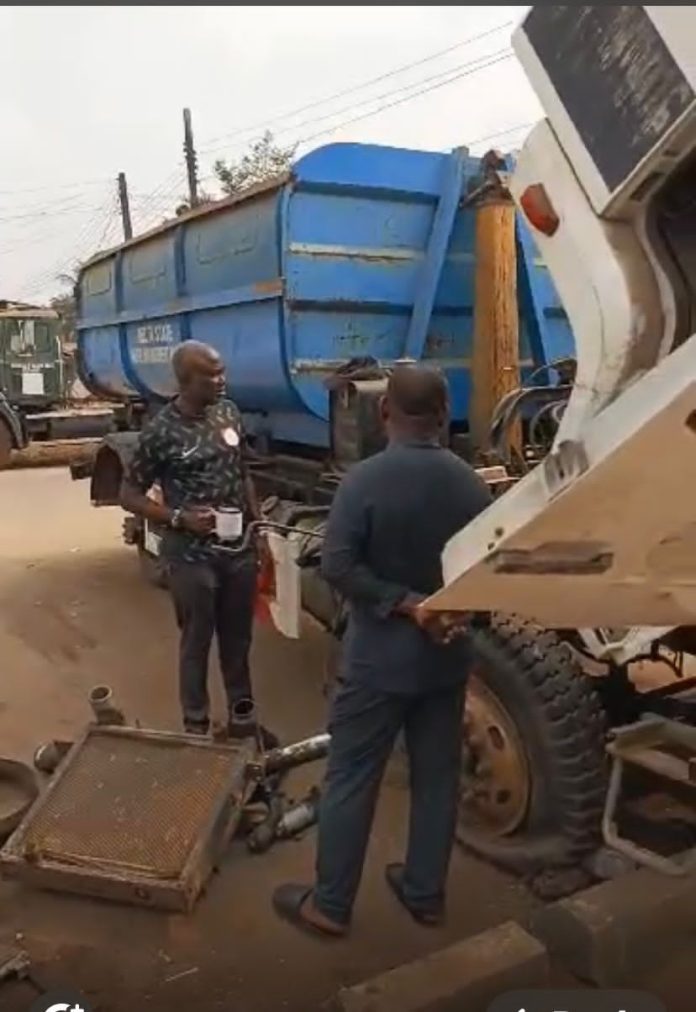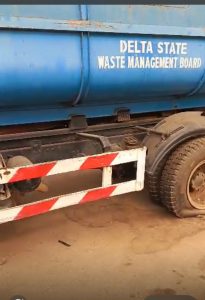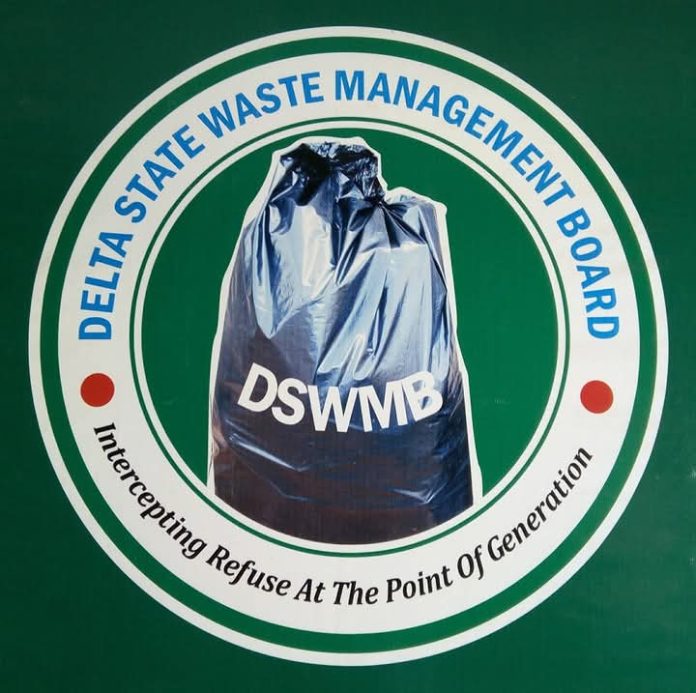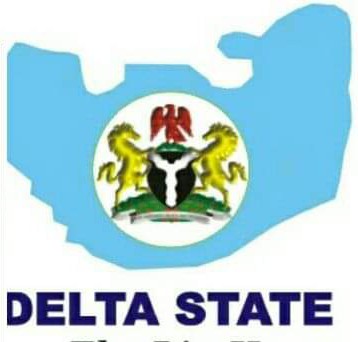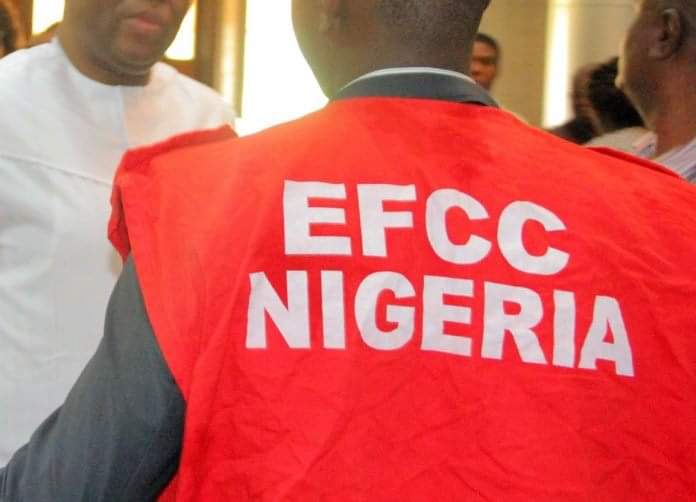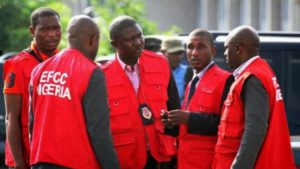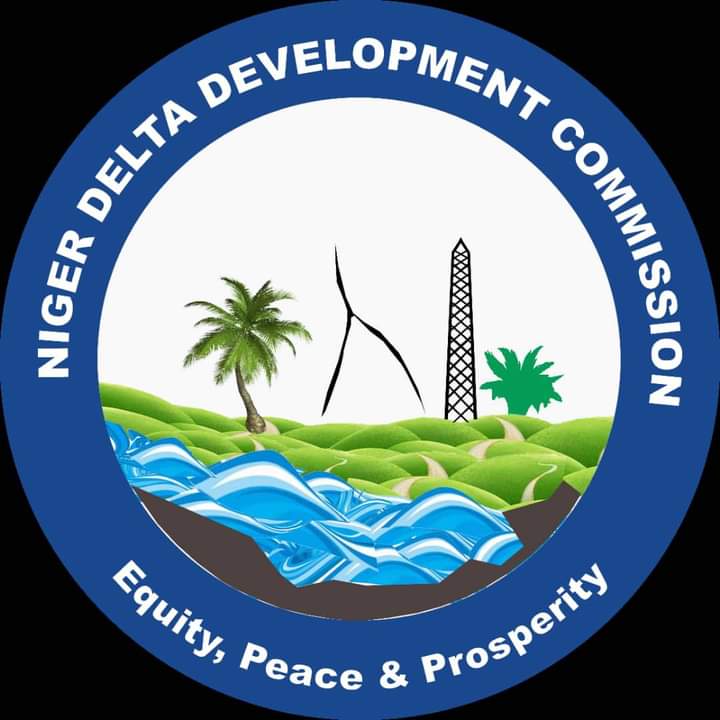By: Comrade Wilbet Ijeoma
The Grand Patron of Ebedei Secondary School Old Students Association (ESSOSA), Odogwu Godbless Ik Ijeoma once again rose to the occasion in the 2025 WAEC registration of 20 best performing students of Ebedei Secondary School Ebedei, during the maiden edition of the Alma Mater’s Alumni annual get-together held on the 28th day of December 2024.
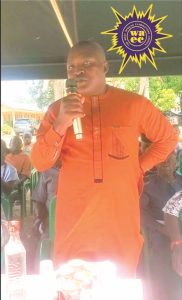
The event which took place in the school premises was graced by plethora of dignitaries from within and outside Ebedei community comprising the council of chiefs, local vigilante groups, PTA executives and Patrons to the Association.
The Grand Patron, who is a native of Umueziogoli Ebedei community expressed appreciation to ESSOSA and her Trustees Chairman, Tgst. Emmanuel Onwubolu for bringing critical stakeholders of education together to chart a better way forward towards restoring the past glory of the school.
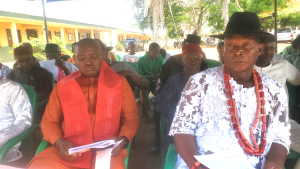
Speaking further, Odogwu Godbless Ijeoma, who is a former Bank Manager with First Bank Plc and presently a Senior Public Servant with the Federal Government of Nigeria, underscored the importance of education particularly primary and secondary education as foundational and fundamental, adding that education is a veritable tool for national growth and development as leaders are made from these institutions.
In his usual gesture of philanthropy, the Odogwu #OnyeEbedei, the Odogwu karini Odogwu, as fondly called by his kinsmen, donated handsomely for the scholarship of 20 students in 2025 WAEC registration valued at over N40,000 per student, while graciously supporting ESSOSA’s logistics for the event with the sum of N200,000.
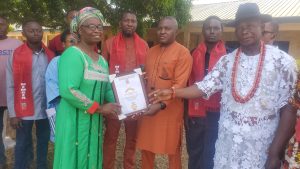
This was not the first time Godbless is assisting the school. It is on records that Ebedei Secondary School students have been beneficiaries of his benevolence in 2020/2021 when there was global recession as a result of Covid-19, as he visited the school to donate over N200,000 for WAEC Registration of 5 students selected from across the 5 quarters of Ebedei.
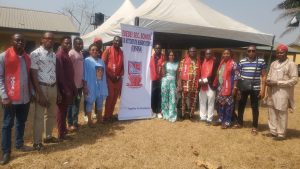
The people’s Odogwu was never far from his people. Godbless has invested his time and resources to restore peace and unity in both Adonishaka and Umueziogoli Ebedei communities where the secondary school is domiciled, and also family units, friends and relatives in Umueziogoli Ebedei community and beyond have benefited from his goodwill in cash and in kind.
The Grand Patron in the occasion renewed his commitment to supporting the school and Ebedei community in general for excellence, growth and development. While announcing his donation, he charged the school and ESSOSA to display a high sense of meritocracy in the selection process. “There should be no tribalism; let it be performance-driven”; the former Bank Manager warned as he gave strict instruction on the modalities for selection. Furthermore, the Ebedei-born philanthropist who was the Chairman of the occasion donated the sum of N200,000 for ESSOSA’s logistics.
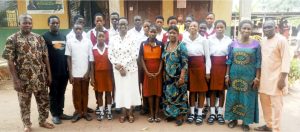
The school Principal, Mrs. Oluronke Ugbe was overwhelmed as she thanked ESSOSA’s Grand Patron for his unparalleled gesture to the school, and promised to do her best to move the school forward to its rightful place.
In a vote of thanks, the Trustees Vice Chairman of ESSOSA, Nwanasor Rita Mmor thanked the Grand Patron for his magnanimity and benevolence to the students of Ebedei secondary school and especially to the Association, and prayed God to continue to uplift him as well as the Association and her Alma Mater to an enviable height.
In another correspondence addressed to ESSOSA’s Grand Patron, Odogwu Godbless Ijeoma, Trustees Secretary, Comrade Wilbet Ijeoma, thanked the Grand Patron for his benevolence and recognized his invaluable contribution to the growth and development of Ebedei Secondary School in particular, and Ebedei/Umueziogoli communities in general.
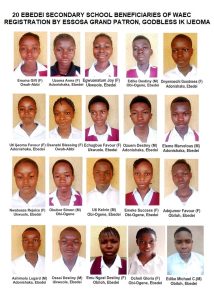
Highpoints of the occasion were Presentation of Kolanut, Chairman’s opening remarks, ESSOSA’s Trustees Chairman’s Address, Ebedei Secondary Schools Principal’s Address, Remarks from the Grand Patron and other invited guests/donations, Presentation of Award to the Principal of the School by ESSOSA’s Grand Patron and Group Photographs.
